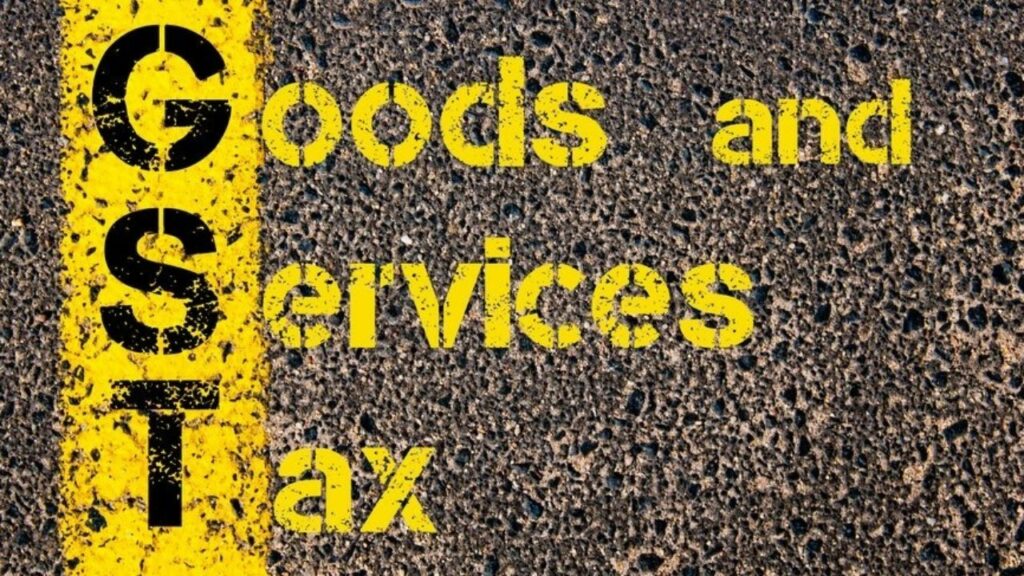The Indian government is working towards the goal of geotagging addresses of all companies mandatory while biometric authentication will be compulsory for the ones detected as risky, said Vivek Johri, CBIC Chairman.

How Does This Help?
The move is focused towards weeding out bogus entities registered under GST and plugging the fake input tax credit (ITC) claims going ahead.
On the occasion of Goods and Services Tax completing six years of implementation, Johri said, “We are looking to tighten the GST system. The verification at the time of registration of new entities needs to be strengthened further. Currently, we establish the identity of the person via OTP-based authentication using Aadhaar and PAN. We will use biometric authentication for risky entities. The person in suspicious cases will be asked for biometric authentication.”
Basically, the place of business needs to be physical, according to the GST law.
It is found that the address is bogus in many cases.
Geo-tagging Will Be Mandatory
Further adding, “We have started a pilot in 2-3 states to geo-tag the address so that the exact location is available. In the past we found an office place was created for verification, but subsequently, it’s not there. To prevent this, geo-tagging the location of the office of the entity will be mandatory.”
Once the pilots are done, the infrastructure requirements will be evaluated and details will be worked out.
The pilots were approved by the GST Council in the 49th meeting at Delhi.
According to him, “After the pilots, making it mandatory will be discussed by the GST Council for approval. While geotagging will be mandatory for all entities, biometric for existing and new registrations will be compulsory if they are detected as risky on the parameters.”
Fake invoicing refers to the invoices which are issued even when there is no real supply of goods or services.
Basically, these invoices are then used to avail of input tax credit (ITC).
It is seen that the entities obtain fake registrations under GST to obtain ITC, which causes revenue loss to the government.
Based on these parameters, the center is looking at effectively using data analytics for the clean-up of the registered entities to red flag the risky entities.
When this is done, the entities, which are flagged as risky will undergo mandatory physical verification to ensure physical infrastructure is there.












